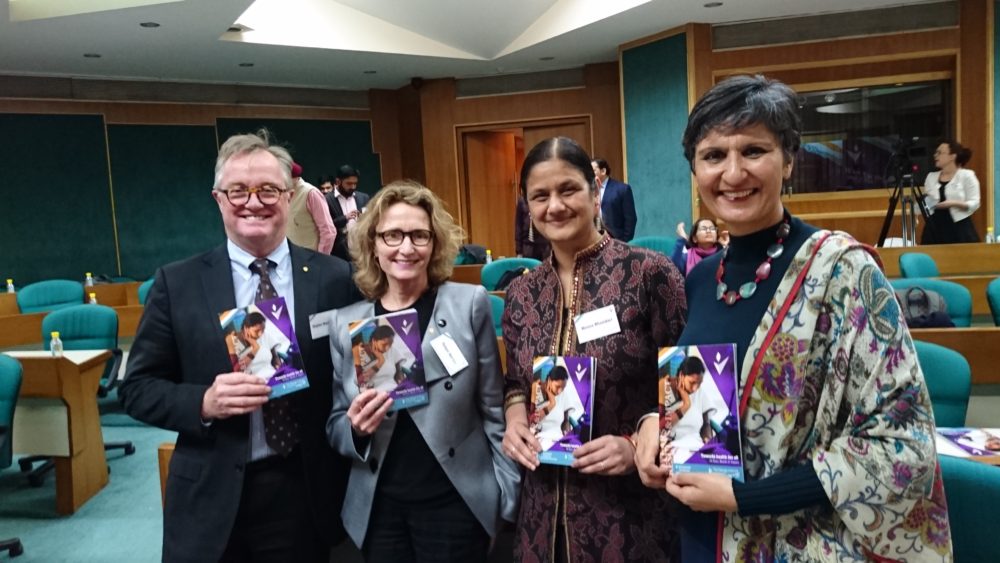By Neena Bhandari
Sydney, 12 November 2019 (SciDev.Net): An experimental dengue vaccine has proved 80.2 per cent effective against virologically-confirmed dengue among children and teens aged 4—16 years in the 12 months after a second dose, according to results of phase 3 clinical trials.
“A vaccine with this kind of efficacy could have a substantial impact on public health,” says Derek Wallace, contributor to the trial results, published 6 November in The New England Journal of Medicine. According to the WHO, dengue is one of the top 10 threats to global health, infecting nearly 400 million people and killing up to 25,000 people worldwide annually. There is no specific treatment for the mosquito-borne viral disease, which causes flu-like symptoms, joint and muscle pain and, in severe cases, leads to haemorrhagic fever and death. It is now endemic in more than 100 countries, with Asia shouldering 70 per cent of the disease burden.
Continue reading on SciDev.Net Asia Pacific edition.
© Copyright Neena Bhandari. All rights reserved. Republication, copying or using information from neenabhandari.com content is expressly prohibited without the permission of the writer and the media outlet syndicating or publishing the article.

